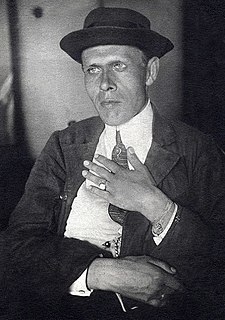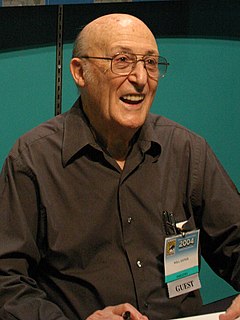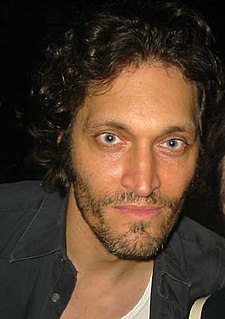A Quote by Emil Ferris
Silent films weren't so different from my comics - the basic choice both offer an artist is what do you show and what do you tell.
Related Quotes
Is there anything on earth which would have meaning and would even change the course of events not only on earth, but in other worlds?” I asked my teacher. “There is,” my teacher answered me. “Well, what is it?” I asked. “It’s...” began my teacher and suddenly fell silent. I stood and waited intently for his answer. But he was silent. And I stood and was silent. And he was silent. And I stood, silent. And he was silent. We’re both standing and silent. Ho-la-la! We’re both standing and silent. Ho-le-le! Yes, yes, we’re both standing and silent! 16-17 July 1937
Any platform that you use to tell stories helps you regardless of the medium regardless if they are bedtime stories that you tell your children or comics or film. Specifically what makes comics unique is that they are a storytelling device that forces you to think both visually and economically. Some might say you are limited by your imagination, but that is not true because someone has to draw it.
Still,[...] in all forms of comics the sequential artist relies upon the tacit cooperation of the reader. This cooperation is based upon the convention of reading and the common cognitive disciplines. Indeed, it is this very voluntary cooperation, so unique to comics, that underlies the contract between artist and audience.
I would be delighted to show my film in the Viennale. I do not offer press kits. I do not offer stills. I do not offer screeners. I do not offer DVD's. I do not offer posters. I require a first-class flight to bring the print however I do not offer any photo ops or press exchange in any way. My fee for showing my film is $35,000 dollars US.






































